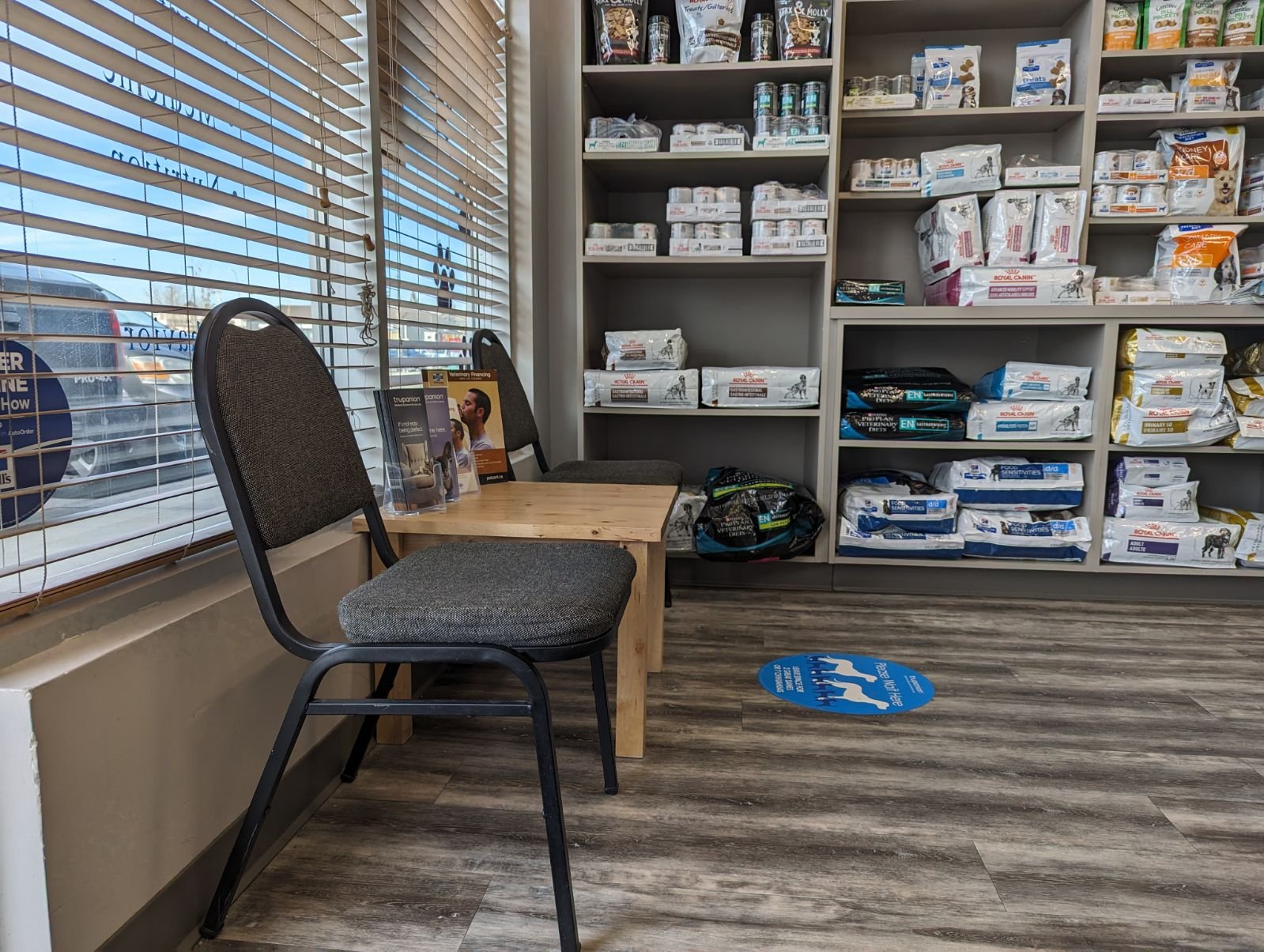
Pet Services within The First 12 Months
Bringing a new pet into your home is an exciting adventure, but it comes with a set of responsibilities. In the first 12 months, your furry friend will need various essential services to ensure their health, well-being, and happiness. This resource page aims to guide new pet owners through the crucial services that will contribute to a positive and fulfilling first year with their new companion.
Vaccination Timelines for Kittens and Puppies
Puppies
-
Core vaccines: DAP (Distemper, Adenovirus, Parvovirus)
Bordetella vaccine (may be given earlier if at risk).
-
Second dose of DAP
-
Final booster of DAP
Begin Rabies vaccination
-
DAP, Bordetella, and Rabies vaccines as per your veterinarian's recommendation.
Kittens
-
FRCPC (Feline Rhinotracheitis, Calicivirus, Panleukopenia)
FeLV (Feline Leukemia Virus)
-
Second dose of FRCPC
Second dose of FeLV (Feline Leukemia Virus)
-
Final booster of FRCPC
Begin Rabies vaccination
-
FRCPC, FeLV, and Rabies vaccines as per your veterinarian's recommendation.
1. Veterinary Care:
Regular veterinary check-ups are crucial for monitoring your pet's health, vaccinations, and preventive care.
Schedule initial vaccinations and follow-up boosters.
Discuss spaying or neutering options with your veterinarian.
Address any health concerns promptly.
2. Nutrition and Dietary Guidance:
Proper nutrition is vital for your pet's growth and well-being. Consultation with a veterinarian ensures they receive a balanced and appropriate diet.
Choose high-quality, age-appropriate pet food.
Establish a regular feeding schedule.
Discuss dietary needs based on breed, size, and health considerations.
3. Grooming Services:
Regular grooming keeps your pet clean, comfortable, and healthy. Different breeds may have varying grooming needs.
Brush your pet's fur to prevent matting.
Trim nails to maintain paw health.
Clean ears and teeth regularly.
5. Parasite Prevention:
Overview: Protect your pet from common parasites such as fleas, ticks, and worms.
Key Points:
Use preventive medications as recommended.
Schedule regular parasite checks.
Maintain a clean-living environment.
4. Training and Socialization:
Training and socialization are crucial for a well-behaved and well-adjusted pet.
Begin basic obedience training early.
Socialize your pet with other animals and people.
Address behavioral issues promptly.
6. Spaying and Neutering:
Overview: Discussing and deciding on spaying or neutering is an important part of responsible pet ownership.
Key Points:
Understand the benefits and potential risks.
Schedule the procedure at an appropriate age.
Follow post-operative care guidelines.